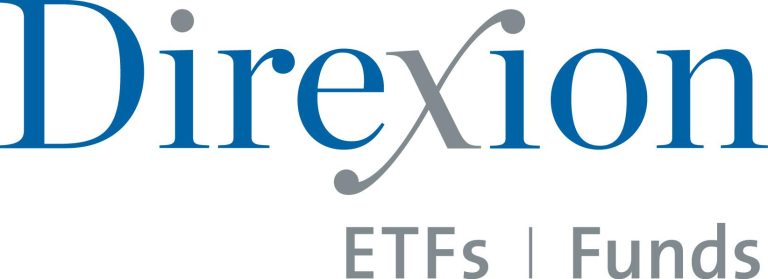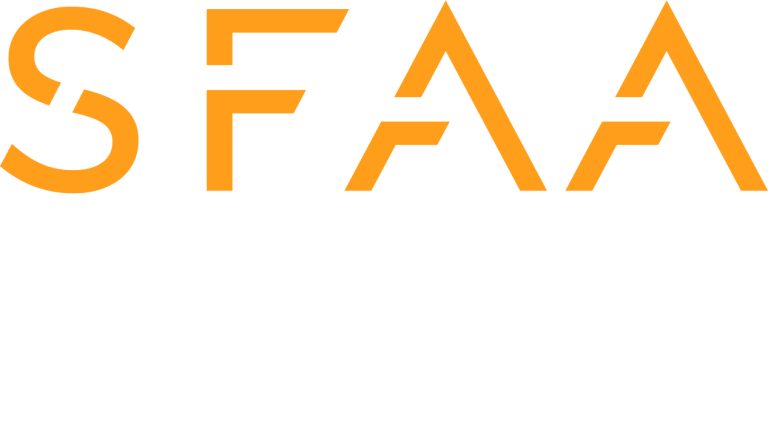
You’ve got some extra cash — maybe from a bonus, a side hustle, or just cutting back on spending. Or, maybe you’re spending time figuring out where best to put your money, towards a comfier retirement or being debt-free
So what’s the smarter move: Put it toward your mortgage or invest it?
Paying off a mortgage vs. investing is one of the most debated questions in personal finance. The answer isn’t one-size-fits-all. It comes down to how comfortable you are with risk, your financial goals and how quickly you want to build wealth or reduce debt.
To me, a mortgage is a shelter. Whether it’s rent or a mortgage, I’m paying for a roof over my head. On the investing side, time in the market beats timing the market. The more money I can invest now will pay dividends later.
But, as much as it’s a money decision, it’s a major emotional one.
Let’s break it down.
Option 1: Paying down the mortgage
Let’s say you’ve got a $200,000 mortgage at a 3.91% fixed rate (the best mortgage rate today), amortized over 25 years. This means your monthly payment sits around $1,048, and over the 25-year period, you’ll pay off the entire loan, including interest.
Let’s say you throw an extra $1,000 at that mortgage every month. According to our mortgage calculator, you’d pay it off in just over 10 years and save roughly $52,000 in interest.
Pros of paying off the mortgage early
- Peace of mind. By wiping out your most significant monthly bill, you’re taking control of your financial future — that’s empowering and brings a sense of security.
- Guaranteed return. That 3.91% you save is like earning a guaranteed 3.91% return without the stock market volatility.
- You’ll have more cash flow sooner. Pay off your mortgage, and you’ll unlock money for other goals: Travel, investing in your children’s education, or even early retirement.
- Equity safety net. A paid-down mortgage builds home equity, which is the difference between your home’s market value and the amount you still owe on your mortgage. This equity can be tapped later through a HELOC (Home Equity Line of Credit) if needed, providing a financial safety net.
Cons of paying down the mortgage
- Cash gets locked up. Unlike a savings account or TFSA, home equity isn’t easy to access without selling or refinancing.
- May miss better returns. If the stock market is returning 6 per cent to 10% per year, you could be leaving money on the table by only focusing on debt.
Option 2: Invest the extra cash
Instead of paying down your mortgage, you invest $1,000 monthly for 10 years.
If your investments grow at an average of 7% per year, a realistic return for a balanced Canadian portfolio, you’d end up with about $174,000 before taxes.
That’s nearly triple your savings by paying off your mortgage early.
Pros of investing instead of paying down the mortgage
- Higher potential returns. Even after taxes, investing in a TFSA or RRSP could outperform your mortgage interest savings, opening up a world of financial possibilities.
- Compound growth. Your money earns money; the earlier you start, the more powerful the effect becomes.
- Tax advantages. With an RRSP, you reduce your taxable income today. With a TFSA, your returns grow tax-free.
Cons of investing instead
- Market volatility. The return isn’t guaranteed. A market crash early in your timeline can delay your gains.
- It takes discipline. You must invest regularly, stay calm during downturns, and resist the urge to withdraw your money too soon.
What’s right for you? Ask yourself these 5 questions
- Do you have high-interest debt? If yes, prioritize paying that off first. Consolidate your loans into one easy-to-manage payment with a personal loan.
- Do you have an emergency fund? If not, build one before using the extra cash for investing or your mortgage payments. Use the best high-interest savings accounts to do so.
- How risk-tolerant are you? Mortgage = safe. Investing = higher reward, higher risk.
- Do you want flexibility? Investing gives you more liquidity than home equity.
- What’s your goal? Stress relief? Go mortgage. Wealth building? Go investing.
Maybe the best answer is to do both
You don’t have to go all in on one option. Many Canadians split the difference as a smart middle ground.
Try this: Put $500 toward your mortgage and $500 into a TFSA or RRSP. That way, you reduce debt, grow your investments, and keep your options open. In an RRSP, any money returned to you at tax time can be made into a lump sum payment to your mortgage.
Worried about what to invest in and how to get started? Many financial planners won’t talk to you until you have a six-figure stock portfolio. Use a robo-advisor and let the robot automatically invest on your behalf.
There’s no wrong answer, only the one that fits your goals. So, make your decision with confidence, knowing that you’re choosing the path that’s right for you.
If your mortgage rate is high, paying it down might be your best bet. Investing can build wealth in the long run if you have time and the stomach for market ups and downs.
The best plan? Make a move that lets you sleep well at night and wake up knowing your money is working for you.
This article provides information only and should not be construed as advice. It is provided without warranty of any kind.


